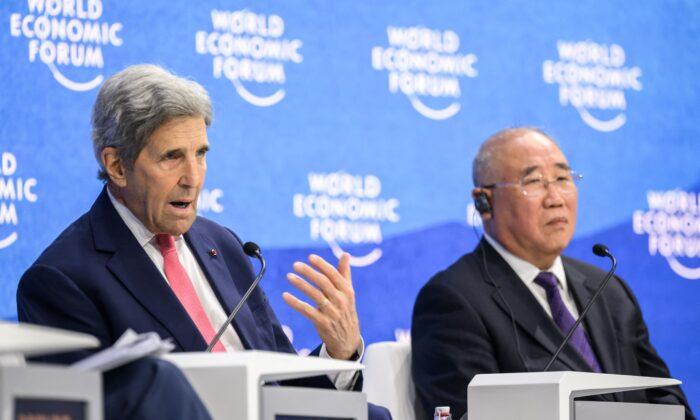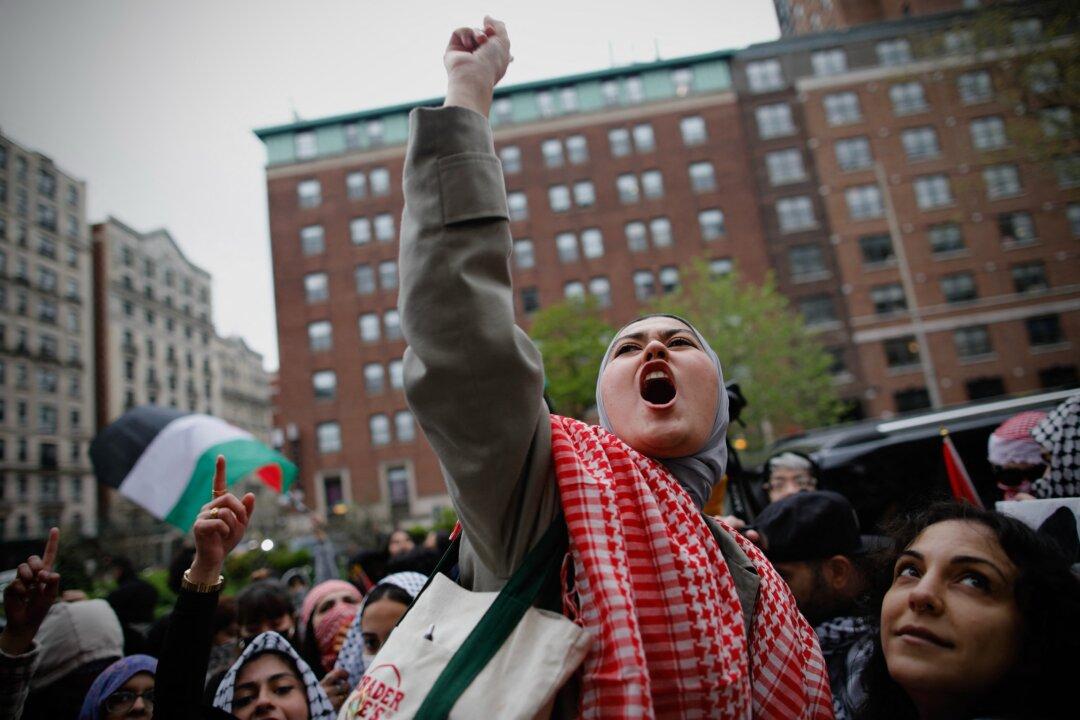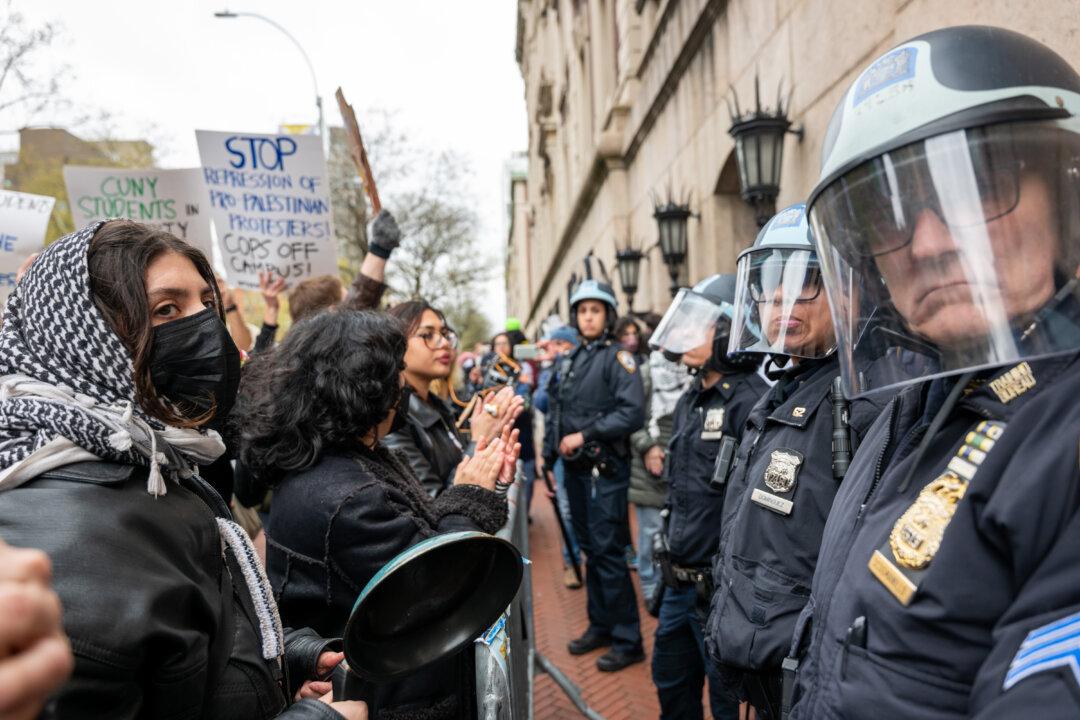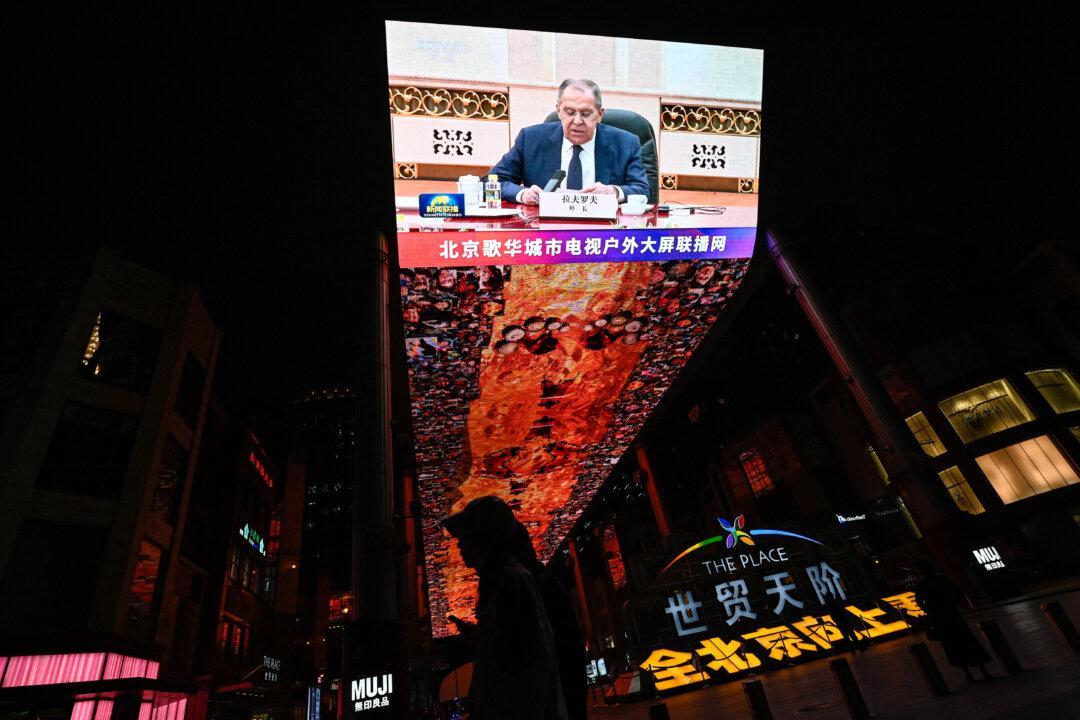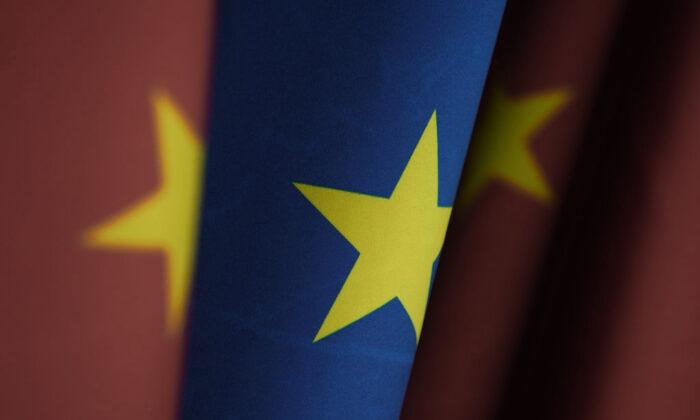America’s climate guy, John Kerry, is on his way to China. His battered reputation is again on the line. This time, it’s not just for falling off his bike. Mr. Kerry has to prove to Democratic voters, who foresee global catastrophe from climate change, that he can close a deal at COP28, the upcoming international climate conference in Dubai.
That makes him about as desperate for a deal as his Democratic constituency, which makes him a lousy negotiator.
Beijing knows it has Mr. Kerry over a barrel, because unlike Mr. Kerry’s boss, President Joe Biden, Chinese leader Xi Jinping has no voters to whom he must answer. Deal or no deal, Mr. Xi will be in power after 2024. But without a deal, Mr. Biden’s voters could turn against him, and out will be Mr. Biden, Mr. Kerry, and the rest of the Democratic administration, like Janet Yellen and Antony Blinken, that places so much faith in their engagement with Beijing.
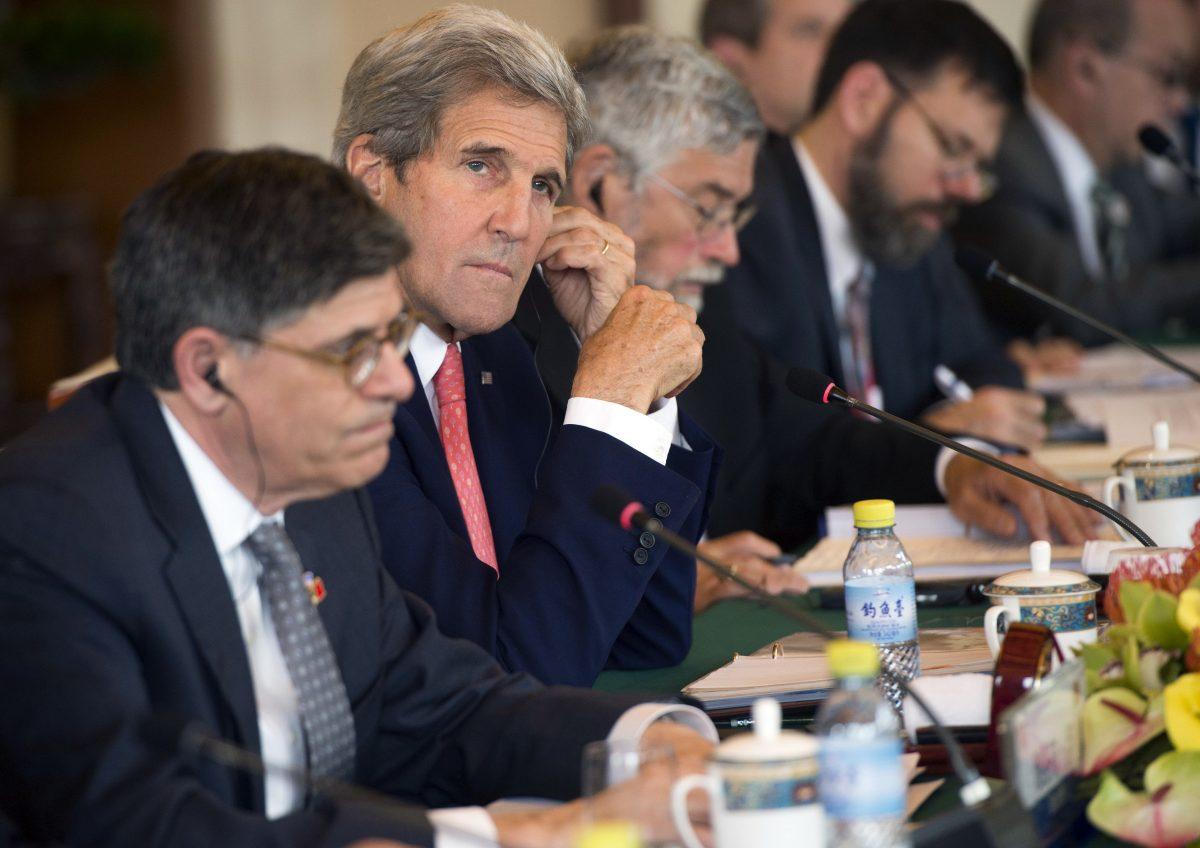
China Uses Climate to Leverage US
According to the South China Morning Post, a Hong Kong paper ultimately controlled by the CCP, Washington is on the back foot in negotiations with Beijing as it “tries to put a floor in the relationship.”The Morning Post quoted an anonymous “mainland climate expert” as referencing a visit by Rep. Nancy Pelosi (D-Calif.) to Taiwan and saying, “There is simply no way for climate change to stay insulated from the overall political ties, as Kerry and the US side have consistently requested.”
Since Ms. Pelosi’s visit almost a year ago, Beijing has suspended cooperation on climate talks with the United States.
In other words, the CCP is going to let the world broil unless we cough up Taiwan. That’s extortion, clear and simple, and fits the CCP’s gangster look.
Taiwan isn’t the only concession Beijing seeks for closing down its coal-fired power plants.
The article cited a Chinese foreign ministry report that stated, “Relevant US measures have not only impeded normal trade in PV [photo-voltaic] products and disrupted normal supply chains, but also undermined global efforts in countering climate change.”
Only by “correcting” these “wrong practices” could the United States “create an enabling environment for climate cooperation with China,” according to the article.
That Beijing would attempt linkage of these issues to climate negotiations, rather than the United States, should indicate that Beijing is in a better bargaining position on climate and so can use it to leverage other issues. But the opposite is true.
The uneven distribution of climate pain means that China stands to lose more than the United States and so should be more eager for a climate change deal. Mr. Kerry should have the upper hand in negotiations, but he projects the opposite, in another Biden administration trip to Beijing that makes the United States look the supplicant rather than the agenda setter.
